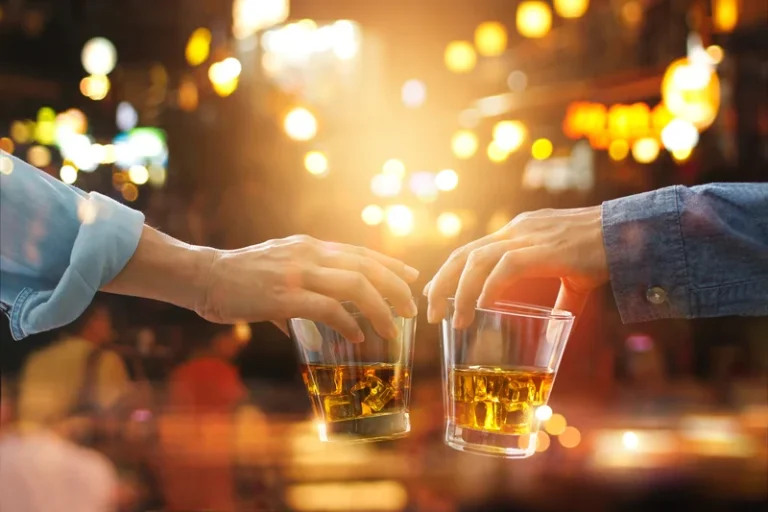
Much of this is dependent on factors specific to the individual, such as how severe their alcohol use disorder was and how long it has been since they have engaged in drinking. Cravings are response patterns that can be induced by these and other triggers. Although sometimes cravings may appear to simply come out of nowhere, they are usually the result of a situation, feeling, or memory that one has about former alcohol use. A therapist and addiction specialist, like a member of our team at BOLD Health, can help you address underlying issues contributing to alcohol cravings.
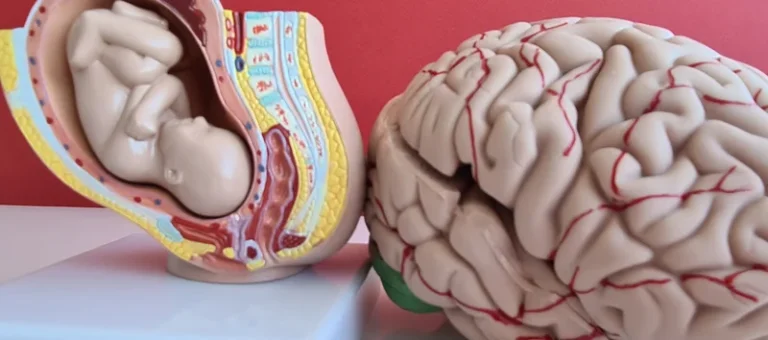
Admit that you’re afraid
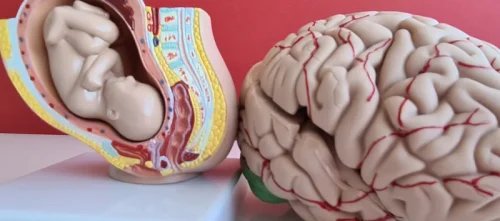
From month-long sobriety challenges to the Sober Curious movement, more and more people are taking a closer look at the role alcohol plays in their lives. In one study, men who drank two cups of coffee a day were 72 percent more likely to have bladder problems, including frequent urination and leakage. If you drink a lot during the day, cutting back can significantly reduce urination frequency.
- Reaching a state of recovery after being actively addicted to alcohol is a major accomplishment.
- Fear keeps you from regressing, goals drive you forward, and new habits to make it all stick.
- Remove alcohol from your home and surround yourself with a supportive and alcohol-free living environment.
Our mental health services
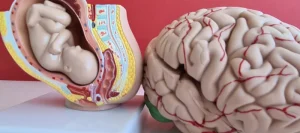
It ensures that the body gets all the essential nutrients it needs, which can reduce cravings and support overall health. Additionally, environmental factors play a significant role in alcohol cravings. For example, individuals who have grown up in households where alcohol misuse was prevalent may be more susceptible to developing cravings for alcohol themselves. Furthermore, research has shown that alcohol cravings can also be influenced by genetic factors. Certain individuals may have a genetic predisposition to experiencing stronger cravings for alcohol, making it even more challenging to overcome addiction.
- Handling the urges to drink will determine your ability to shed alcohol cravings.
- Added pounds are linked to OAB and urine leaks (your doctor will call this urinary incontinence).
- The provider may also recommend tracking your symptoms to help determine the appropriate treatment.
- Once you analyze the repercussions honestly, you’ll quickly realize that giving in is Just.
- They are never a sign of weakness, failure, or that you’re doing something wrong; they are only a sign that you’re beautifully human!
Lifestyle Quizzes
It’s essential to have a strong support system in place to aid Drug rehabilitation in the process. Maybe you drink after a long or difficult day at work, telling yourself you’re drinking to relax. Most people wait for January 1st to change their lives, 11 years of sobriety taught me that if something matters, the date doesn’t. After helping thousands break free from alcohol, I’ve discovered precisely why resolutions fail and what works. I did it, but I wish someone had warned me about the emotional challenges I’d face when I quit drinking.
In this video, Consultant Psychiatrist David McLaughlan, describes the temporary nature of cravings, rising and falling like a wave. Learning how to “surf the urge” involves accepting the craving is there and actively distracting yourself. Needing to pee frequently can be uncomfortable and inconvenient to anyone. This symptom arises from ordinary circumstances or underlying health conditions such as pregnancy, kidney stones, diabetes, bladder function problems, and rare cancers. Thus, managing the root cause will lower urine frequency, and home remedies can provide specific relief.
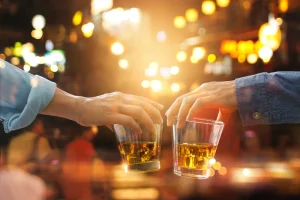
However, it’s common to experience intermittent cravings for several weeks or even months after quitting. People can experience cravings at varying times due to triggers. Drinking triggers are internal or external cues that can cause a craving.
Ashwagandha is an herbal supplement used in traditional Indian Ayurvedic medicine. It has long been used to prevent alcohol cravings, improve immune function, and reduce stress. Bananas are rich in vitamin B6, which the body needs to produce and use serotonin.
Does Alcohol Change Your Personality?
Your desire to smoke after meals may depend on whether you are alone, with other smokers, or with nonsmokers. After you quit smoking or using other tobacco products, you may feel edgy and short-tempered, and you may want to give up on tasks more quickly than usual. You may be less tolerant of others and get into more arguments. No content on this site, regardless of date, should ever be used as a substitute for direct medical advice from your doctor or other qualified clinician.
Understanding the Journey: Phases and Mindsets
Often people find activities like cooking or gardening how to stop the urge to drink a good form of distraction as you are more focused on what you are doing mentally and physically rather than reading a book or watching films. The more stimulating the activity, the less time you spend thinking about the need to drink. When you decide to quit drinking alcohol, you may experience cravings but each individual has a make-up of several factors that may contribute to the severity of this symptom. Social influences may appear to be a significant physical factor and addressing peer pressure and societal norms can play a huge part in using alcohol as a coping mechanism.



